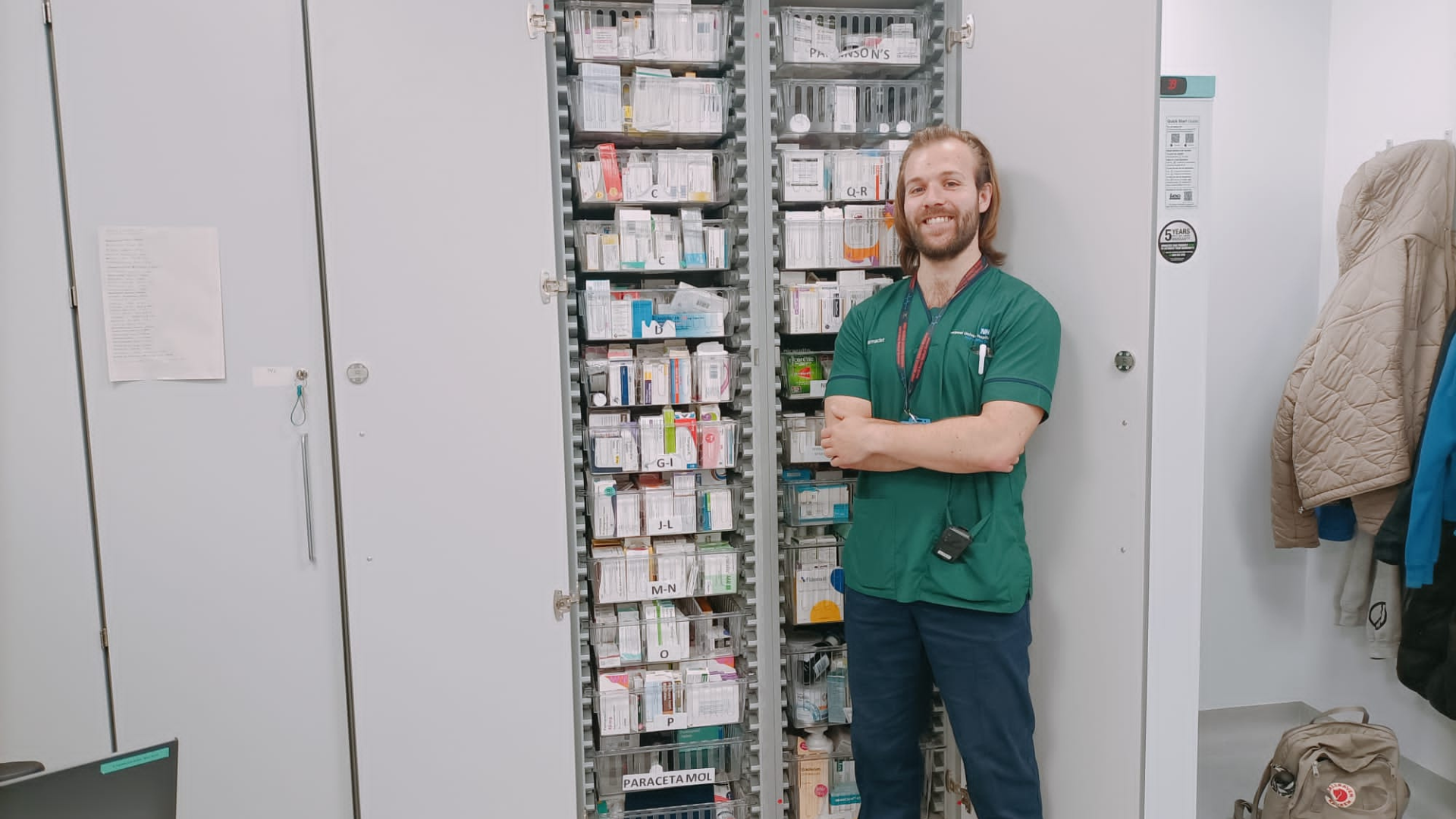
Mental health is just as important as physical health. I now make sure I put in boundaries to care for myself.
Amandeep Doll shares her experience of high-functioning anxiety and depression and shares her tips on how to manage the condition.

Pharmacist and charity ambassador, Rhys, shares his top tips for preparing for the assessment and looking after your wellbeing as a trainee and newly qualified pharmacist.
Rhys is a newly qualified pharmacist who completed his training at North Bristol NHS Trust and has been qualified for over a year. He now works at the Liverpool Heart and Chest Hospital and the Royal Liverpool Hospital. He is also an active Pharmacist Support ambassador. Rhys has shared his top tips for preparing for and sitting the trainee assessment and tips to remember during the transition from trainee pharmacist to being fully qualified.
Firstly, I’d like to wish all of you preparing for this June’s exam the very best of luck, be it your first, second or third sitting. The registration exam, and all the preparation that goes into it, is an emotional time, and managing your emotions is vital to enjoying your training and maximising your chance of getting the result your hard work deserves.
Good luck with your results!
Sign up to our newsletter to be the first to hear about future ambassador opportunities

Amandeep Doll shares her experience of high-functioning anxiety and depression and shares her tips on how to manage the condition.

Working in a pharmacy setting can be stressful. This page provides useful guidance and advice on looking after your wellbeing in the workplace.

This short self-study module covers the fundamentals of building assertiveness and is the first module of a two-part series.